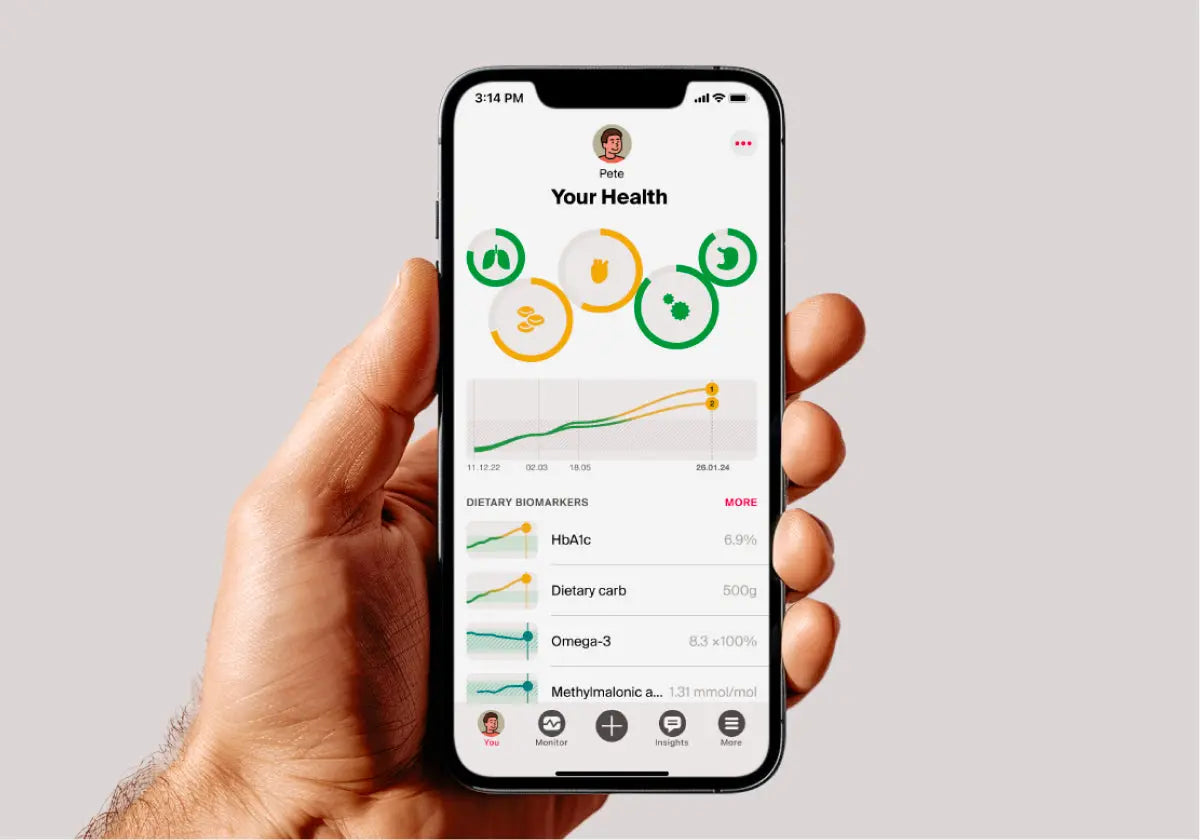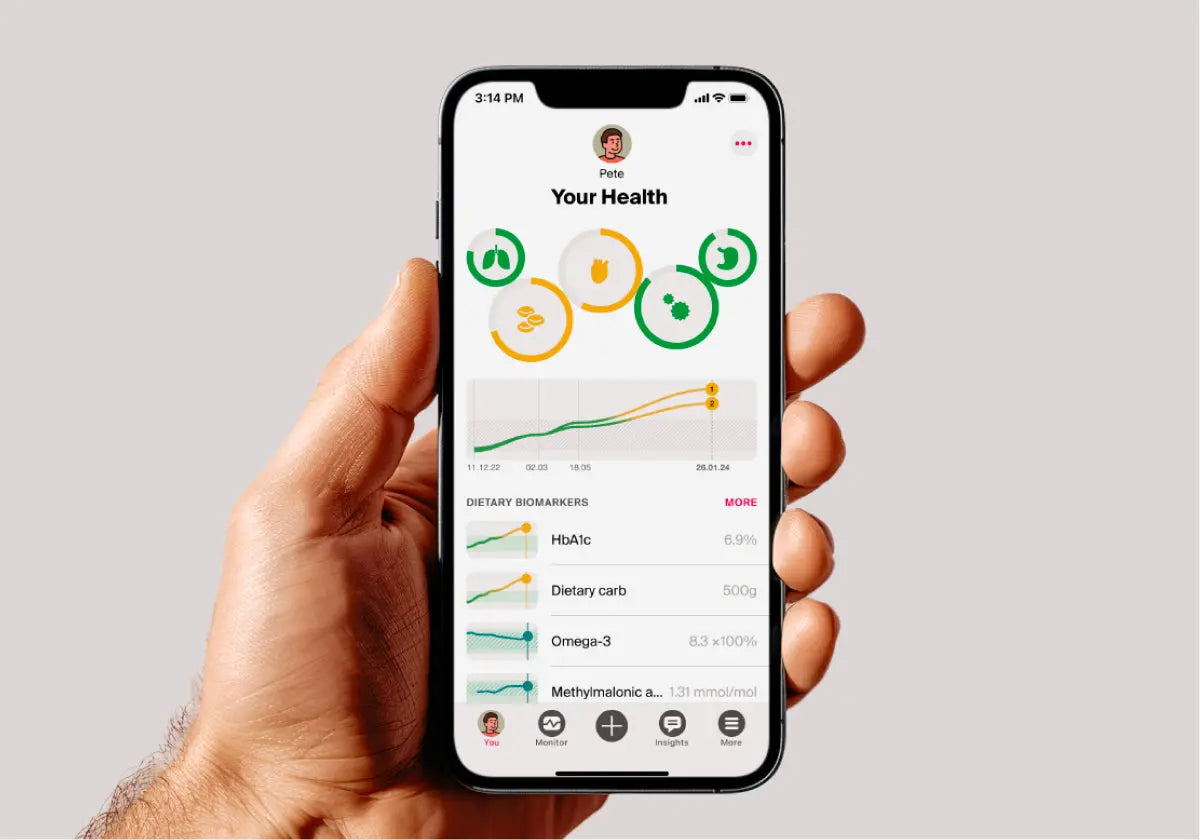

Home Blood Collection
Instructions for Blood Lab Test
FAQ
Before order
How do I choose the right test for my needs?
Browse through our test categories and symptom guide to find the test that best suits your health concerns. Our product descriptions offer detailed information to help you make an informed choice.
Can I order tests for someone else?
Yes, you can purchase tests for others. Just make sure to enter their details correctly during the order process to ensure the test is registered in their name accurately.
How should I prepare for the test?
Preparation varies depending on the specific test and may include fasting or avoiding certain foods and medications. Each test kit comes with detailed instructions to guide you through the necessary steps.
Should I stop taking medications before the test?
Please refer to the instructions included with your test kit. Certain tests may require you to temporarily stop taking specific medications.
Is fasting required before the test?
Certain tests, such as those for blood glucose or lipid profiles, may require fasting. Refer to your test instructions for detailed requirements.
Should I avoid any foods or drinks before the test?
Depending on the specific test, you might need to steer clear of certain foods or beverages. For detailed guidance, refer to the instructions provided in your test kit.
Browse through our test categories and symptom guide to find the test that best suits your health concerns. Our product descriptions offer detailed information to help you make an informed choice.
Can I order tests for someone else?
Yes, you can purchase tests for others. Just make sure to enter their details correctly during the order process to ensure the test is registered in their name accurately.
How should I prepare for the test?
Preparation varies depending on the specific test and may include fasting or avoiding certain foods and medications. Each test kit comes with detailed instructions to guide you through the necessary steps.
Should I stop taking medications before the test?
Please refer to the instructions included with your test kit. Certain tests may require you to temporarily stop taking specific medications.
Is fasting required before the test?
Certain tests, such as those for blood glucose or lipid profiles, may require fasting. Refer to your test instructions for detailed requirements.
Should I avoid any foods or drinks before the test?
Depending on the specific test, you might need to steer clear of certain foods or beverages. For detailed guidance, refer to the instructions provided in your test kit.







